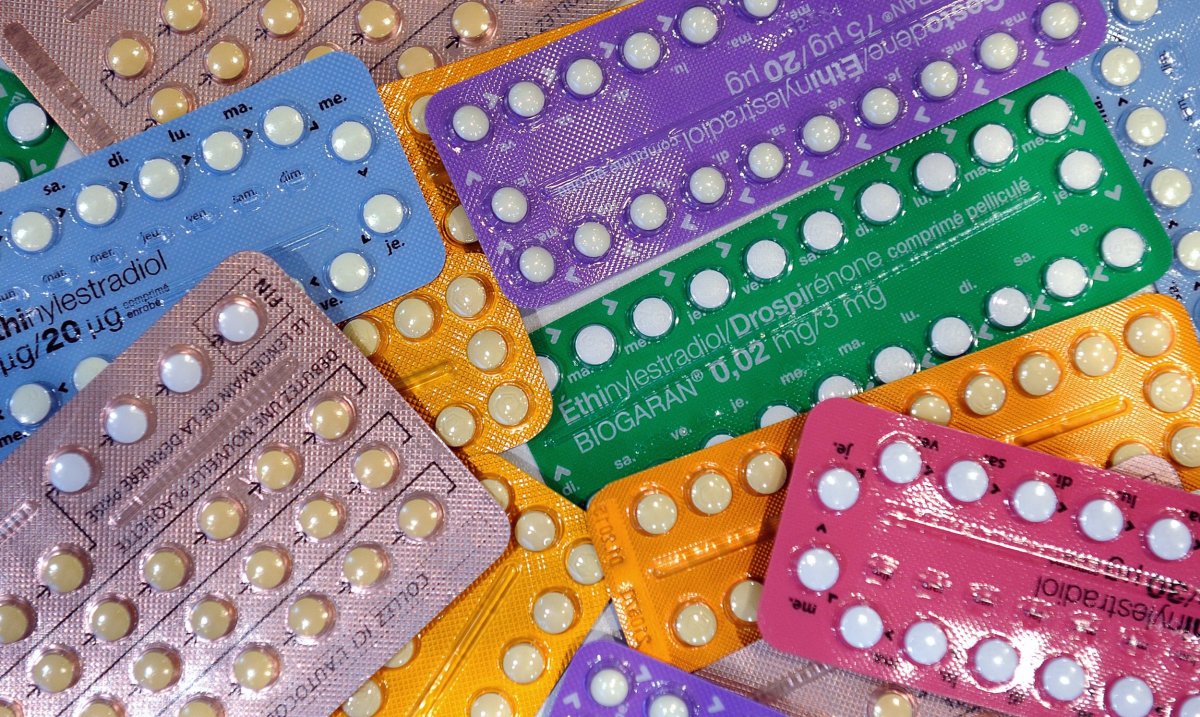Updated | Almost sixty years since the FDA approved the pill for birth control in women, a male version may finally be on the horizon. Researchers have developed a prototype male pill that appears to be safe in a month-long trial.
More attractive to many men than a long-acting injection or topical gel—both of which are in development—the prototype pill offers a "major step forward" in male contraception, Stephanie Page, a professor at the University of Washington in Seattle and senior investigator on the study, said in a statement.
Read more: Male birth control pill could be made from heart-stopping poison in ancient African arrows
The once-daily prototype pill suppressed certain hormones to the low levels you'd expect to see with effective longer-term contraceptives, results from an ENDO 2018, the Endocrine Society's annual meeting in Chicago, abstract show.

The prototype pill—dimethandrolone undecanoate (DMAU)—is somewhat similar to the combined female pill, which contains estrogen and a steroid hormone. Rather than estrogen, DMAU uses a male hormone like testosterone.
Currently available forms of testosterone can exit the body too quickly for use in a once-daily pill. The "undecanoate" in DMAU, however, is a long-chain fatty acid that can slow the drug's journey out of the body, Page said.
Read more: Side effects are not what's holding back the male contraceptive pill
Eighty-three men took various doses of DMAU or a placebo for a month. Researchers analyzed the men's hormones and cholesterol with blood tests at the start and end of the study. They found testosterone and two hormones needed for the production of sperm were notably suppressed in men who took the highest dose of DMAU.
While some subjects on all doses experienced mild weight gain and decreases in so-called "good" HDL cholesterol, DMAU appeared safe. All participants passed safety tests including liver and kidney health checks.
"Despite having low levels of circulating testosterone, very few subjects reported symptoms consistent with testosterone deficiency or excess," Page said. There were no significant changes in mood or sexual function, but a minority of participants did experience decreased libido during the study.
Page has high hopes for the results, calling them "unprecedented in the development of a prototype male pill." Longer-term studies are the next step toward a once-daily male contraceptive pill, she said.
The study was funded by the National Institutes for Health.
This article has been updated to include more information on DMAU.
Uncommon Knowledge
Newsweek is committed to challenging conventional wisdom and finding connections in the search for common ground.
Newsweek is committed to challenging conventional wisdom and finding connections in the search for common ground.
About the writer
Katherine Hignett is a reporter based in London. She currently covers current affairs, health and science. Prior to joining Newsweek ... Read more
To read how Newsweek uses AI as a newsroom tool, Click here.








